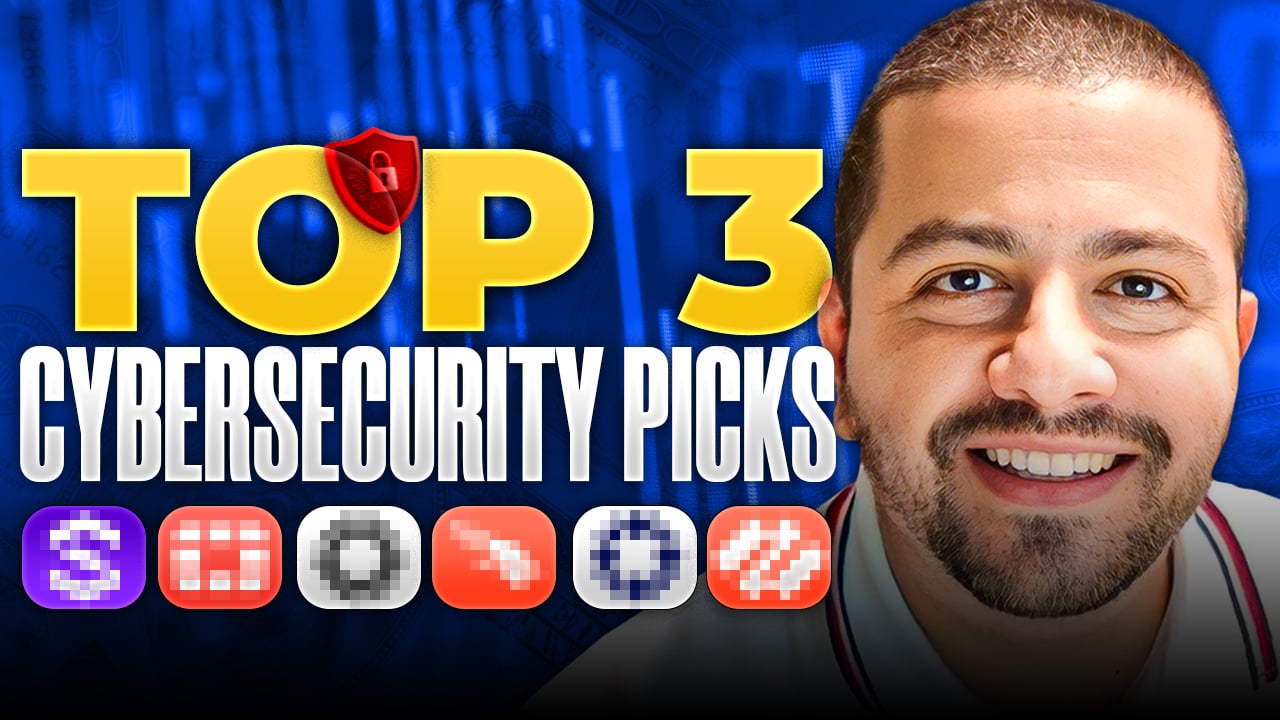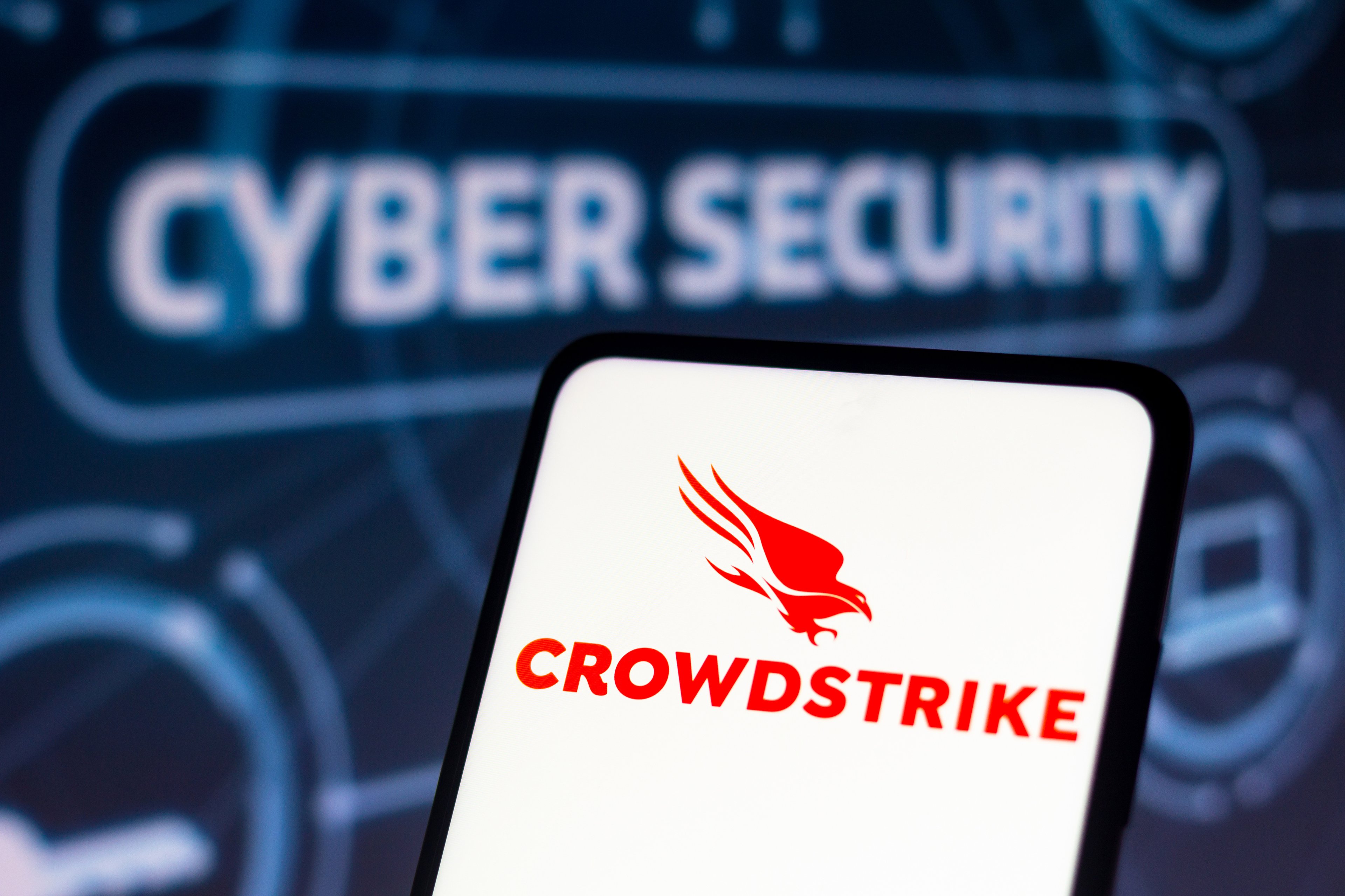Every day, Wall Street analysts upgrade some stocks, downgrade others, and "initiate coverage" on a few more. But do these analysts even know what they're talking about? Today, we're taking one high-profile Wall Street pick and putting it under the microscope...
2019 has been one for the initial public offering record books, featuring multiple IPOs that have doubled -- and even a handful of triples! Less than a month after its public debut, internet security operator CrowdStrike Holdings (CRWD 0.25%) is already one of the former, and may be on its way to becoming one of the latter.
Or so thinks Wall Street.
Going public on June 12, CrowdStrike immediately booked a 70% gain in its stock, then proceeded to rocket to nearly $80 a share in subsequent days (a 135% gain from its $34 offer price), before falling back to a recent price of about $70 -- still easily a double.
Where will CrowdStrike stock go from here? Excellent question, and just this morning, with their quiet period at an end, 15 of the 17 analysts who underwrote CrowdStrike's IPO were finally allowed to make their predictions public.
Here's what you need to know.

Image source: Getty Images.
Introducing CrowdStrike
First and foremost, let's quickly review the company's business. Probably best known as the outfit that uncovered the alleged hacking of Democratic National Committee servers during the 2016 presidential campaign, CrowdStrike is a cybersecurity specialist that uses its "Falcon" cloud-based software to defend computer networks against cyberthreats like computer viruses and malware.
It's a booming business that has helped to grow CrowdStrike's sales five times in two years -- from barely $50 million in revenue in 2016 to nearly $250 million last year, according to data from S&P Global Market Intelligence. It is not, however, profitable, nor does it yet generate positive free cash flow. Last year, the company reported $140 million in total net losses, alongside negative free cash flow of roughly $59 million.
Analysts weigh in
Despite these numbers, 10 of the 15 analysts chiming in on CrowdStrike stock today rate it a buy. Here's a sampling of what these fans are saying, courtesy of our friends at TheFly.com:
CrowdStrike is "the premier brand" in cybersecurity, operating in a market "ripe for disruption" and offering technology that is difficult for its competitors to duplicate, says JMP Securities.
CrowdStrike is "positioned well to ... expand from core detection and response capabilities to adjacent areas such as IT hygiene, vulnerability management, and more," according to Merrill Lynch.
These advantages promise to produce market disruption and share gains for the company, as its "holistic" solution steals customers away from legacy antivirus providers. Operating in a market valued at as much as $30 billion by 2022, Oppenheimer predicts CrowdStrike will maintain a 30% sales growth rate of over the next several years.
Make that 30% -- or better. Also initiating coverage of CrowdStrike with a buy rating, Needham & Co. believes that the company has the potential to grow at a "sustainable" rate of 50% to 100% over the next three years, while "sharp[ly]" expanding its profit margins -- ultimately "grow[ing] into" its valuation.
Granted, CrowdStrike not profitable at present, but J.P. Morgan predicts that it will "ultimately" generate "attractive" cash flow over the long term. J.P. Morgan believes the cybersecurity specialist is worth $100 a share, the highest price target of any of the analysts recommending CrowdStrike today, and roughly triple the stock's $34 IPO price.
But what about the price?
That being said, not everyone's as enthusiastic that CrowdStrike stock -- up more than 100% in less than a month -- can continue to grow as strongly in the future. Although 10 of the company's underwriters rate the stock a buy, five don't. So far, analysts at Jefferies, RBC Capital, Credit Suisse, and SunTrust all rate it a hold or equivalent.
While reiterating its belief that CrowdStrike offers "unmatched protection against cyber attacks and stopping breaches," resulting in triple-digit revenue growth for the company, SunTrust worries that this growth rate is already captured by the stock's valuation of 25 times next year's sales. RBC Capital agrees that much of the company's future growth has already been "priced in" to the shares, Credit Suisse says it's cautious of the valuation, too -- and Jefferies notes that the stock currently carries the highest valuation of any player in cybersecurity!
Indeed, even Goldman Sachs -- the lead underwriter in CrowdStrike's IPO last month -- hesitates to recommend the stock at its current price. Predicting CrowdStrike shares will sell for about $66 a year from now, Goldman Sachs gives the stock a neutral rating.
The upshot for investors
So what does all of this imply for investors who took these underwriters' advice and bought CrowdStrike stock one month ago?
With no profits and no prospect of profits in the foreseeable future (analysts on average see CrowdStrike staying unprofitable through at least 2024), investors today are paying for revenue growth alone. According to analyst estimates gathered by S&P Global, from $250 million last year, CrowdStrike is likely to reach sales in excess of $1.3 billion by 2024, but still not earn any profit on these sales.
The good news is that by that year, analysts do expect the company to finally generate appreciable free cash flow -- about $100 million in cash profits in 2024. But even so, at a current market valuation of $13.8 billion, this means that investors today are being asked to pay 138 times cash profits that may or may not arrive only five years from now.
That seems like a pretty big ask to me. And personally, for that reason, I would not invest in CrowdStrike stock today.






